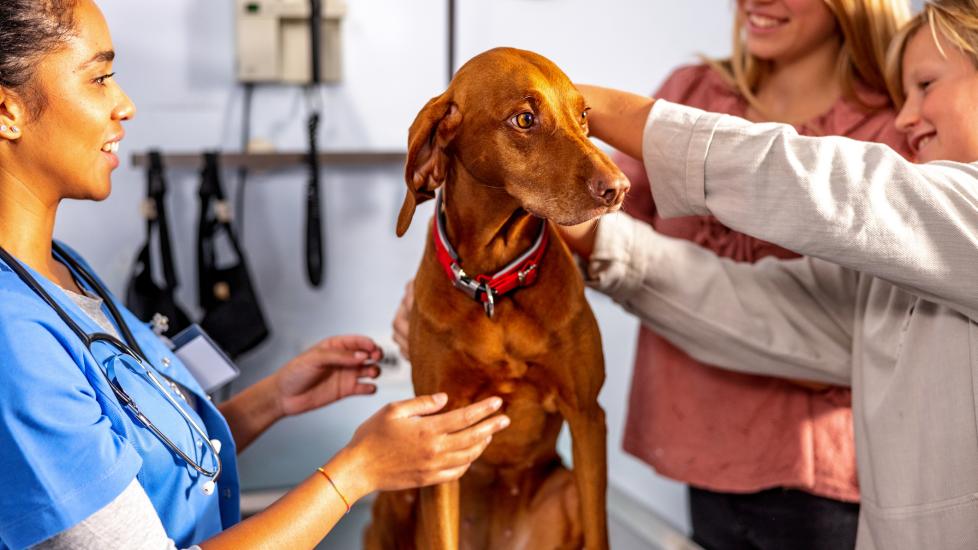Title: Unveiling the Mysteries of Pemphigus Foliaceus in Canine Companions
Introduction:
In the realm of canine health, pemphigus foliaceus is a rare but complex autoimmune skin disorder that often leaves pet owners scratching their heads and seeking answers. This condition, characterized by blistering lesions and crusted sores, primarily affects dogs with certain breeds being predisposed to its onset. Join us on an educational journey as we delve into the intricacies of this perplexing disease, exploring its symptoms, causes, treatment options, and preventive measures for our beloved four-legged friends.
Understanding Pemphigus Foliaceus:
At its core, pemphigus foliaceus is a manifestation of the immune system’s misguided attack against the body’s own cells, specifically targeting desmoglein proteins which are essential for maintaining the integrity of the epidermal layer of the skin. The result is a cascade of inflammation and subsequent formation of fluid-filled sacs (bullae) between the outer layers of the skin, leading to painful ulcerations and erosions.
Symptoms:
The primary symptom of pemphigus foliaceus is the development of raised red bumps or hives that progress to form large, flaccid bullae. These may rupture easily, leaving behind areas of painful erosion and infection. Other common signs include intense itching, hair loss, crusting around the eyes, nose, and mouth, as well as a generalized dullness or lackluster appearance due to poor coat quality. In severe cases, systemic complications such as kidney failure have been known to occur.
Causes:
The exact cause of pemphigus foliaceus remains somewhat enigmatic; however, genetics seems to play a pivotal role in predisposition. Certain breeds like Collies, Old English Sheepdogs, Soft Coated Wheaten Terriers, and German Shepherd Dogs appear more susceptible than others. Environmental factors, including exposure to allergens, vaccinations, and medications, have also been implicated in triggering or exacerbating the condition.
Diagnosis:
Accurate diagnosis of pemphigus foliaceus typically involves a combination of clinical examination, skin biopsy, direct immunofluorescence testing, and possibly additional blood tests to rule out other possible causes of the dog’s symptoms. It is crucial for veterinarians to consider all potential explanations before arriving at a definitive conclusion.
Treatment:
Management of pemphigus foliaceus requires a multifaceted approach tailored to each individual case. Corticosteroids are often prescribed to suppress the overactive immune response, while antibiotics may be necessary to control secondary infections. Immunomodulatory drugs, such as cyclosporine or azathioprine, might be used if initial treatments prove insufficient. Topical therapies, including medicated shampoos and ointments, can help soothe irritated skin and promote healing. A carefully monitored diet change may also be recommended to eliminate food allergies that could worsen symptoms.
Prevention:
While there is no absolute guarantee to prevent pemphigus foliaceus, regular check-ups with your veterinarian will allow early detection of any changes in your dog’s health status. Avoiding harsh chemicals in grooming products, minimizing environmental allergens where feasible, and considering hypoallergenic diets can contribute to overall skin health and reduce the risk of flare-ups. Genetic screening programs aimed at breeding healthier animals should continue to expand our understanding of how best to minimize hereditary contributions to diseases like these.
Conclusion:
Pemphigus foliaceus stands as a challenging puzzle within veterinary medicine—one that demands patience, expertise, and innovative solutions from both medical professionals and dedicated animal guardians alike. By fostering open communication channels with your vet about any concerning developments affecting your pooch’s welfare and staying informed about new advancements in care protocols, you become an integral part of ensuring your furry companion lives life free from unnecessary discomfort caused by this mysterious malady.
